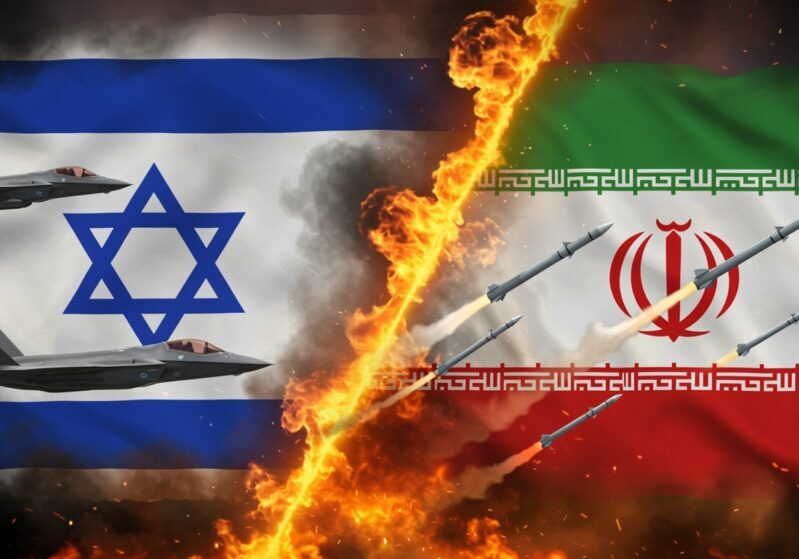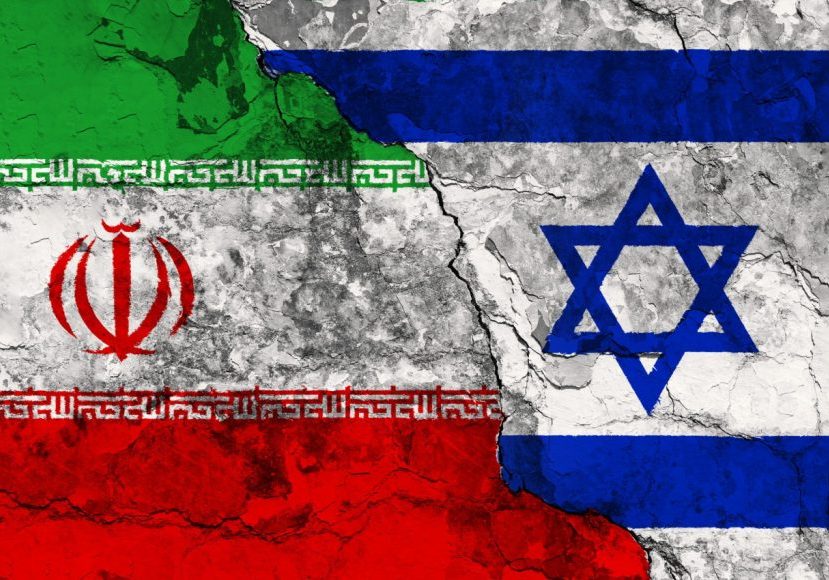Australia/Israel Review
Scribblings: A Deserving Laureate at Last
Jan 3, 2005 | Tzvi Fleischer
A Deserving Laureate at Last
Since Arafat’s death in November, there has been a lot of discussion about his legacy. While I do not want to go over the various arguments again here, there is an Israeli joke about Arafat that is going around and seems apropos to this controversy. Israelis says that at last Arafat is fully deserving of the Nobel Peace Prize he received in 1994. He is finally responsible for making an important contribution to peace.
This is only a joke, but it is undeniable that there is more well-founded and genuine optimism about the possibility of progress toward peace since Arafat’s death than there has been in several years. This fact alone should tell everyone everything they need to know about what Arafat’s real legacy is.
Mazen Tov
Anyone still unconvinced about Arafat should also look at the recent improvements on the critical issue of incitement.
As I have written before, I believe the overwhelming prevalence of incitement to hatred of and violence against Israel and Israelis in the Palestinian media is one of the most important barriers to the achievement of peace. A whole new generation of Palestinians has been raised on two messages sent out continually in the news, in music videos, in sermons, in dramas, and by their leaders and in schools. Firstly, Israelis are simply cold-blooded murderers and schemers who have launched an unprovoked effort to kill all Palestinians by various open and covert means. And secondly, that to fight and kill Israelis is the primary and highest expression of Palestinian-ness.
If accepted, these two beliefs make peace literally inconceivable. What sort of agreement is possible with someone whose primary underlying agenda is simply to kill you? And if Palestinian-ness is mostly about fighting Israel, what use are Palestinian statehood and the instruments of self-government if not to continue the fight?
Israeli PM Ariel Sharon has now made incitement a litmus test for the new Palestinian leadership. Sharon had previously demanded that, before serious political negotiations resume, the Palestinians first begin carrying out their primary first-stage obligation under the Roadmap, the dismantling of terror infrastructure. But in late November, Sharon announced that he wanted only an end to incitement before efforts were made to negotiate a coordinated, as opposed to unilateral, disengagement from Gaza.
According to reports, within two days new acting PLO chairman Abu Mazen spoke to the head of the Palestinian Broadcasting Authority, and asked him to check for inciting material. And according to the people who monitor the Palestinian media, the result was a marked change. Itamar Marcus of Palestinian Media Watch said that incitement to violence and encouragement to suicide bombings appeared to be well down, though incitement to anti-Israel hatred continued. Examples of the latter he cited included a program where refugee children danced with keys and sang how they would return to Haifa and Jaffa and Acre (all inside pre-1967 Israel), and an interview with a Palestinian professor who compared Israel to a parasitic worm which kills a snail and lives in its shell. Marcus compared the new situation in the media to that which existed before the outbreak of violence in 2000.
Sharon also said on Dec. 3 that incitement to violence had dropped markedly since his call.
While it is apparent that the situation in the Palestinian media is still not good enough, Abu Mazen did show he was trying to create pre-conditions for diplomacy. He awas able to do in two days what Arafat never did over the past decade, despite the fact that he has far less power than Arafat did. It is clearly not true, as some claimed, that Arafat could not end the incitement. He simply did not want to.
Out of Egypt
Possibly even more important to the new wave of Middle East optimism is the new Egyptian approach, with Cairo apparently now looking to play a very active role in facilitating Israeli-Palestinian peace talks. With Egypt’s leadership, the vitally important possibility opens up that much of the wider Arab world could play a genuinely positive role in supporting Palestinian leaders making concessions. Mubarak is even telling Palestinians that Sharon is offering them possibly their best chance to make peace.
There is little doubt that the apparent change in Egyptian policy is in large part due to the death of Arafat. It is a poorly kept secret that, despite the displays of public support, Mubarak and other senior Egyptian officials despised Arafat and distrusted both his word and intentions.
Positive signs are appearing beyond the official level. As readers may recall from my previous columns, despite the peace treaty between Israel and Egypt, the government-controlled Egyptian press is among the most important sources for spreading both antisemitism and anti-Israel rejectionism throughout the Arab world.
However, have a look what appeared in al-Ahram, the most important Egyptian newspaper, on Dec. 8 in a column by Hazem Abd al-Rahman,(Translation by Middle East Media Research Institute — www.memri.org):
“Egyptian-Israeli relations occupy an important place in Egypt’s foreign policy and the first serious signs of openness in [Egyptian-Israeli] relations that we are now observing are important.
“Enhancing relations with Israel also increases Egypt’s ability to influence Israel’s policy towards the Palestinians in the territories in a way that will fulfil the [Palestinians’] national aspirations, [their] right to self-determination, and the establishment of a state for the Palestinian people. It is obvious that under conditions of a ‘cold peace,’ no such opportunity exists…
“Objective analysis on this matter cannot lead to any other conclusion. It is time to drop the negative attitudes towards Israel, and relations with it. The basic value of the peace accord between Egypt and Israel lies in the fact that it expunges the term ‘prohibition’ or ‘taboo,’ which was created in the past by Arab policies towards Israel, and which turned relations with Israel into an abomination that could not be allowed.
“Relations with Israel are a privilege and a correct [step] which should be developed in a way that will fulfil the achievable interests.”
This may seem a statement of the obvious, but it represent something unheard of in the Egyptian press up until now. The positive case for Egypt maintaining good relations with Israel simply never appears there. So far, it’s only one article, but some articulation of the case for peace with Israel is always better than none.
TZVI FLEISCHER
Tags: Iraq






